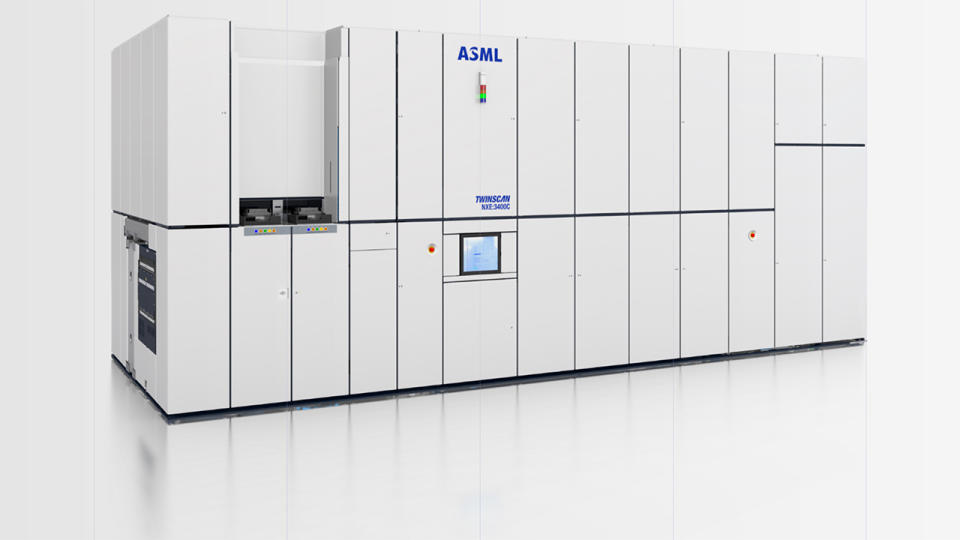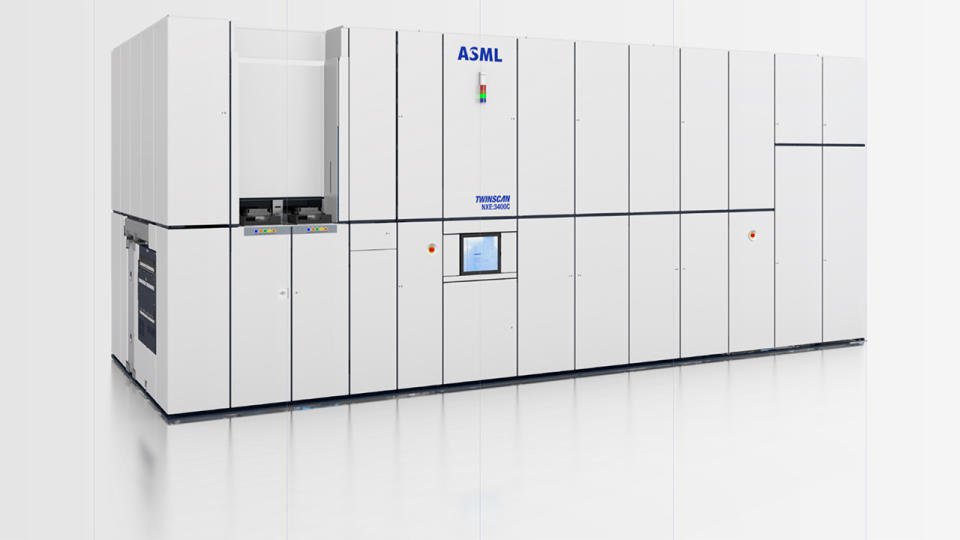When you buy through links on our articles, Future and its syndication partners may earn a commission.

According to Bloomberg, the Netherlands is set to restrict ASML’s ability to service its installed advanced wafer fab equipment in China, which could severely disrupt China’s chipmaking ambitions. If the information is correct, China’s semiconductor champion SMIC may lose the ability to produce chips on its 7nm and 5nm process technologies in the coming year.
The Dutch government plans to let certain licenses expire at the end of the year, specifically those related to ASML’s advanced DUV lithography machines. This decision could potentially make some equipment unusable by next year. This decision follows pressure from the United States, which has been encouraging allies to align their export controls with U.S. policies aimed at limiting China’s semiconductor advancements.
The U.S. has indicated it might impose unilateral measures, like the Foreign Direct Product Rule (FDPR), if partners like the Netherlands do not comply. This rule allows the U.S. to control the export of foreign products that incorporate even minimal U.S. technology.
Previously, the Dutch government imposed import restrictions on ASML’s Twinscan NXT:2000i, 2050i, and 2100i DUV lithography machines if shipped to Chinese entities. These litho tools are capable of ≤38nm resolution and can be used to make logic chips on 7nm and even 5nm-class process technologies, albeit with multi-patterning, types of process technologies that the U.S. government and its allies do not want China to have due to national security concerns.
Some of these tools are already installed at fabs operated by companies like SMIC (and potentially some others, including memory makers). SMIC allegedly uses Twinscan NXT:2000i and more advanced machines to produce chips on its 2nd Generation 7nm-class process technology for blacklisted Huawei, a Chinese high-tech giant that the U.S. government has been targeting for a while. Nonetheless, last year, Huawei came up with a 7nm application processor for smartphones with a built-in 5G modem, a blow to U.S.-imposed sanctions.
However, these machines need servicing, and without maintenance and new spare parts, they may become inoperable by 2025, which will severely disrupt SMIC’s and Huawei’s advanced semiconductor production capability.
The impact on ASML could also be substantial, given that nearly half of its sales came from China in the second quarter, and maintenance costs a lot of money. Still, the vast majority of fab tools installed in China are used to make chips on trailing nodes that the U.S. and allies do not care about and which ASML will be able to service. Hence, the impact will likely be substantial but limited.
EMEA Tribune is not involved in this news article, it is taken from our partners and or from the News Agencies. Copyright and Credit go to the News Agencies, email news@emeatribune.com Follow our WhatsApp verified Channel





